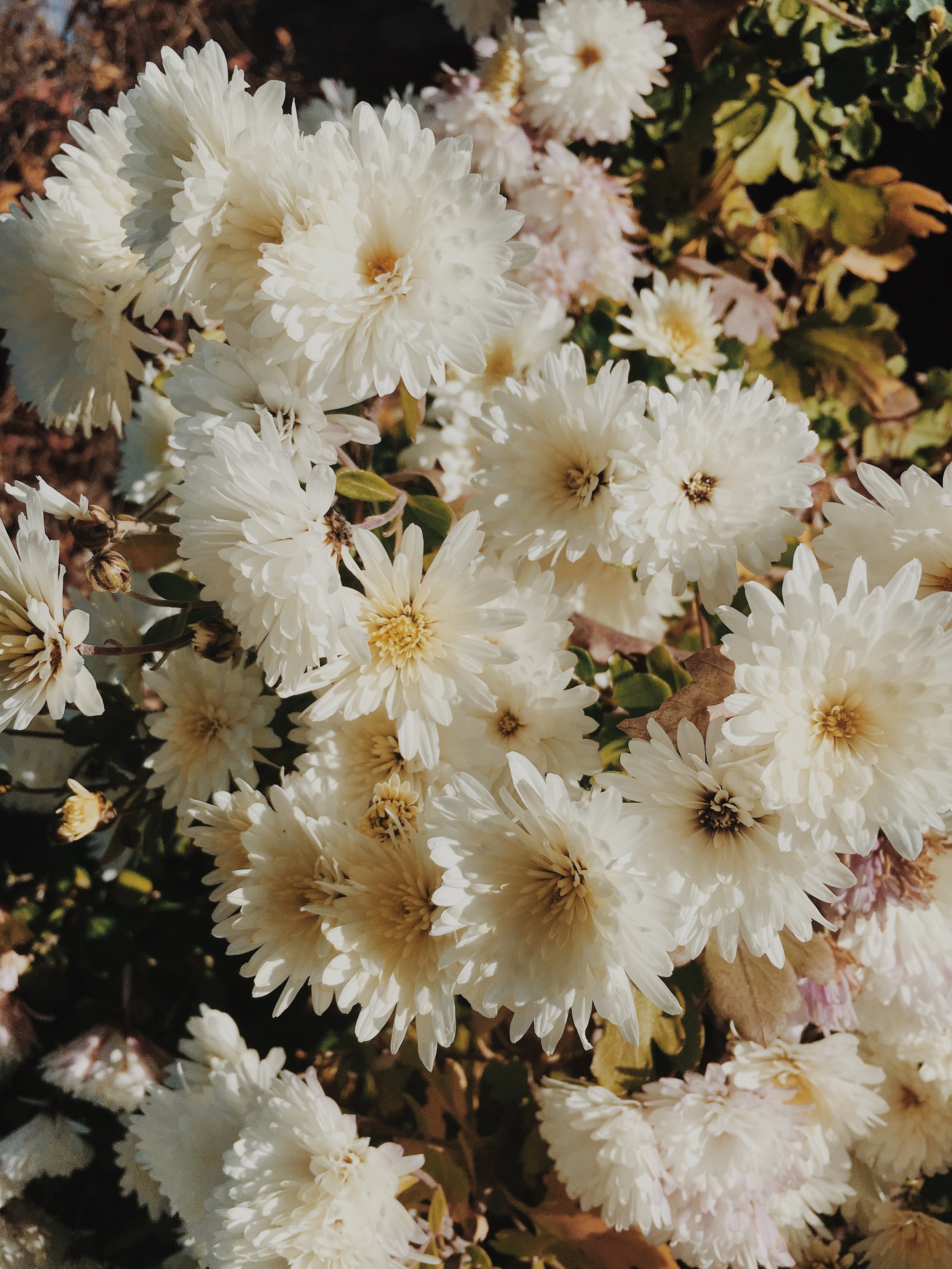Holistic Tips to Beat Seasonal Allergies Naturally
Have your allergies been flaring up lately? If this time of year brings up sinus issues, sneezing, itchy or water eyes, rashes, headaches and more, you may want to consider supporting your immune system and gut health naturally!
What is Histamine Anyway?
Histamine is an inflammatory molecule that's released when our immune system sees a threat. It causes blood vessels to dilate, allowing for white blood cells to quickly respond to an invader. In your case, it may be a food, pollen, dust or chemicals sprayed in fields this time of year. In people with allergies, histamine levels are elevated. Anti-histamines such as Claritin or Reactine temporarily block histamine release, thereby suppressing the immune response and relieving symptoms. While they may be helpful in the short-term, they don’t actually treat the root of the problem and can come with unwanted side effects. Why are histamine levels elevated in the first place?
What Your Gut Health Has to do With Allergies
If you’ve ever wondered why some people get seasonal allergies and others don’t, it may have a lot to do with the state of your gut health. Even if you don't deal with obvious digestive symptoms, your gut plays a major role in how your immune system responds to your environment and whether or not you get allergy symptoms. Leaky Gut Syndrome, bacterial overgrowth (SIBO), candida and other GI disorders can lead to low DAO, an enzyme responsible for degrading histamine, contributing to high histamine levels.
Nourish Your Body to Fight Allergies
Loading up on natural anti-histamine foods can help support your immune system, especially during flare ups. Include foods rich in vitamin C, such as lemons, limes, broccoli, cauliflower, oranges, broccoli sprouts and leafy greens. Additionally, foods like bee pollen, raw honey, onions, turmeric and garlic have excellent immune-supportive properties that can help ease allergy symptoms and inflammation.
Avoid Foods That Suppress Immunity
Foods that can make seasonal allergies worse include refined and artificial sugars, dairy products, gluten, hydrogenated oils and fried foods, alcohol and other refined foods. Stick to whole, nutrient-rich foods and keep sugars and these common allergen-promoting foods to a minimum. Some people may also benefit from a low histamine diet.
Keep Your Vitamin C Levels Up
In addition to vitamin C-rich foods, keep your C levels topped up through supplementation. Vitamin C is a natural anti-histamine that can lower inflammation and regulate the immune system. It’s important to know where your vitamin C supplement is derived from, as most products are synthetic and not in their natural form. We like using C+Biofizz because it’s naturally derived, easy to take in powdered form and tastes great!
How Quercetin Can Help Fight Allergies
Quercetin is a flavonoid, found in many fruits and vegetables, that carries powerful antioxidant and anti-inflammatory properties and is commonly promoted for allergies. Foods high in quercetin include: berries, apples, kale, broccoli, cauliflower, Brussels sprouts, onions, garlic, cherries, grapes and more. It can also be supplemented under proper guidance by a practitioner for natural allergy relief in addition to a healthy, antioxidant-dense diet.
Nettle for Seasonal Allergies
Nettle is another herb frequently used to fight seasonal allergies due to its ability to inhibit inflammatory events that cause allergy symptoms and hay fever. Nutrients and herbs used in combination can have a synergist affect in preventing and easing symptoms.
Get Adequate Vitamin D3 (hint: you'll need to supplement)
Supplementing vitamin D3 can help bolster your immune system and make the seasonal transition easier!
Are you tired of suffering every time the seasons change? Let us help you get to the root cause!
Asher Kleiber
Registered Holistic Nutritionist™





